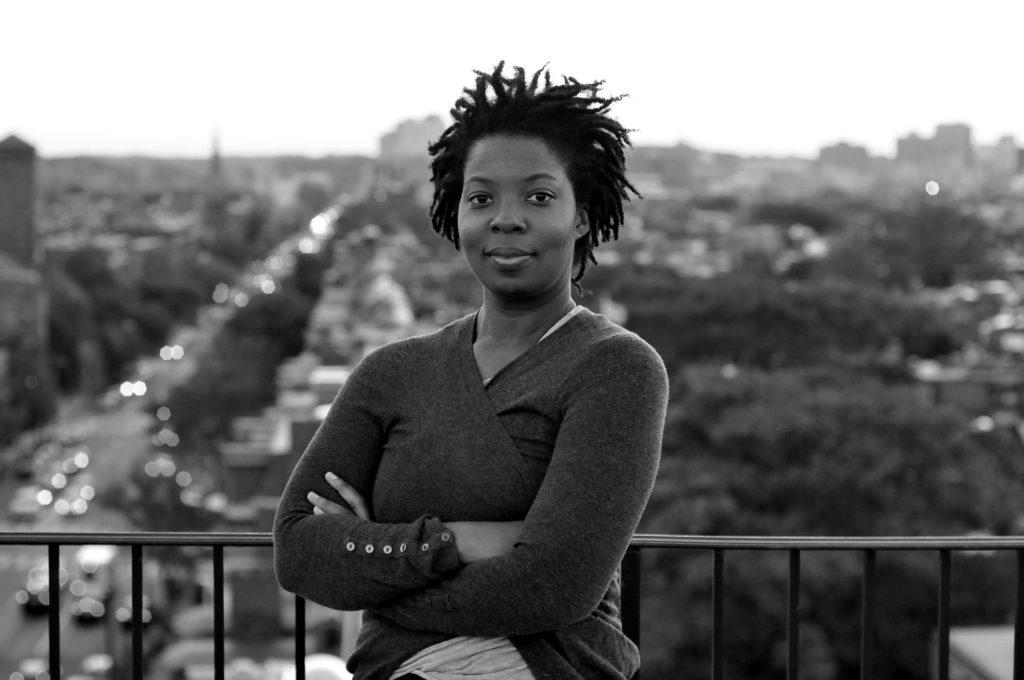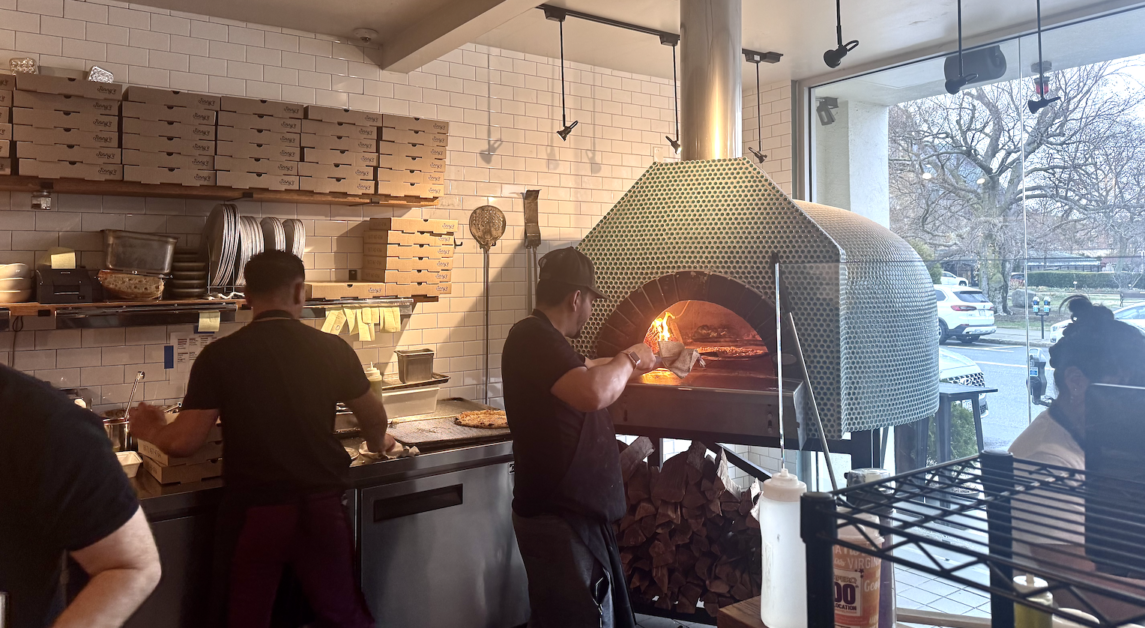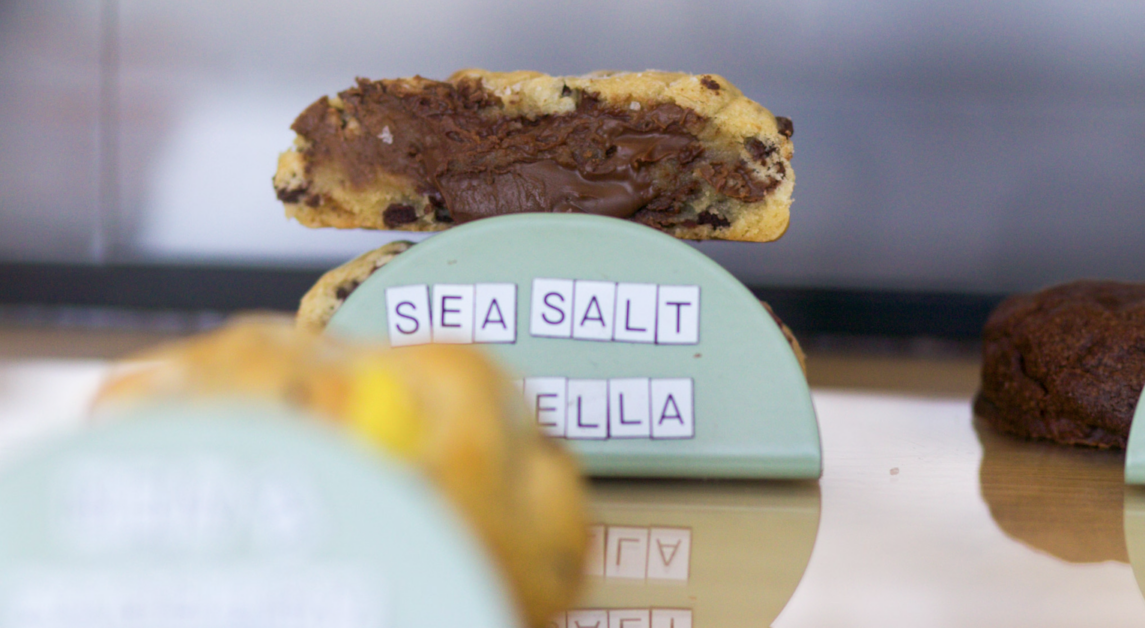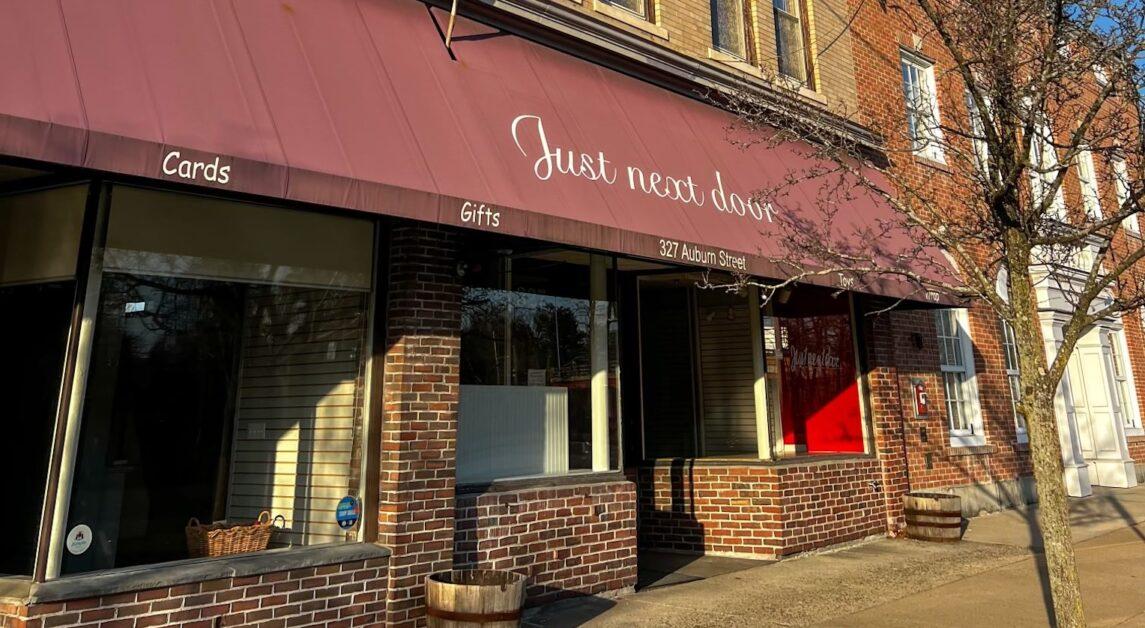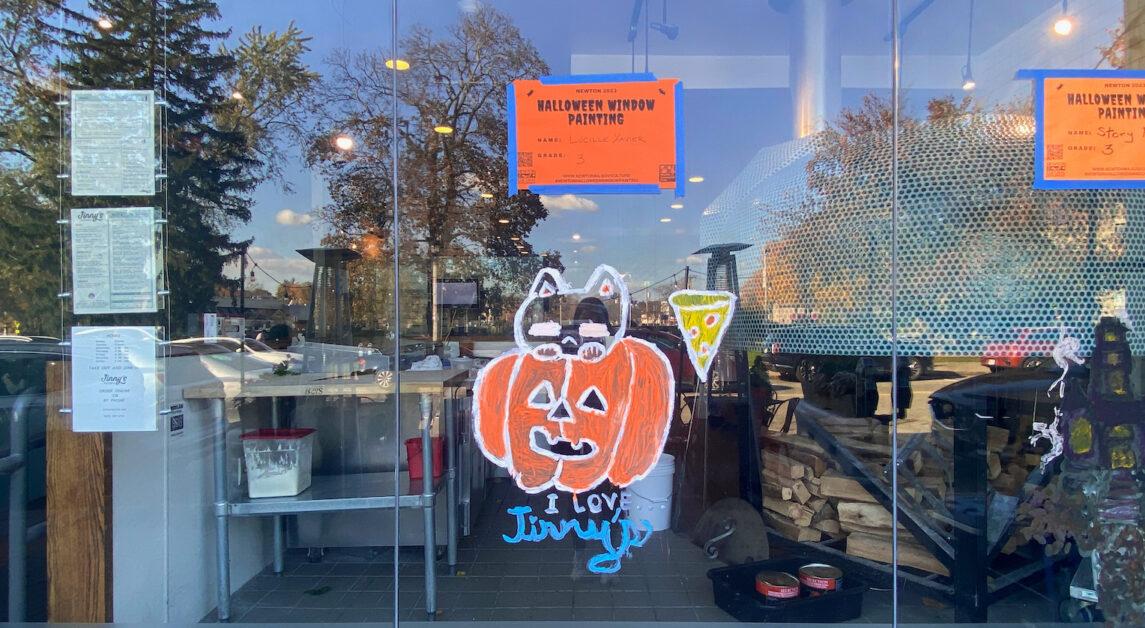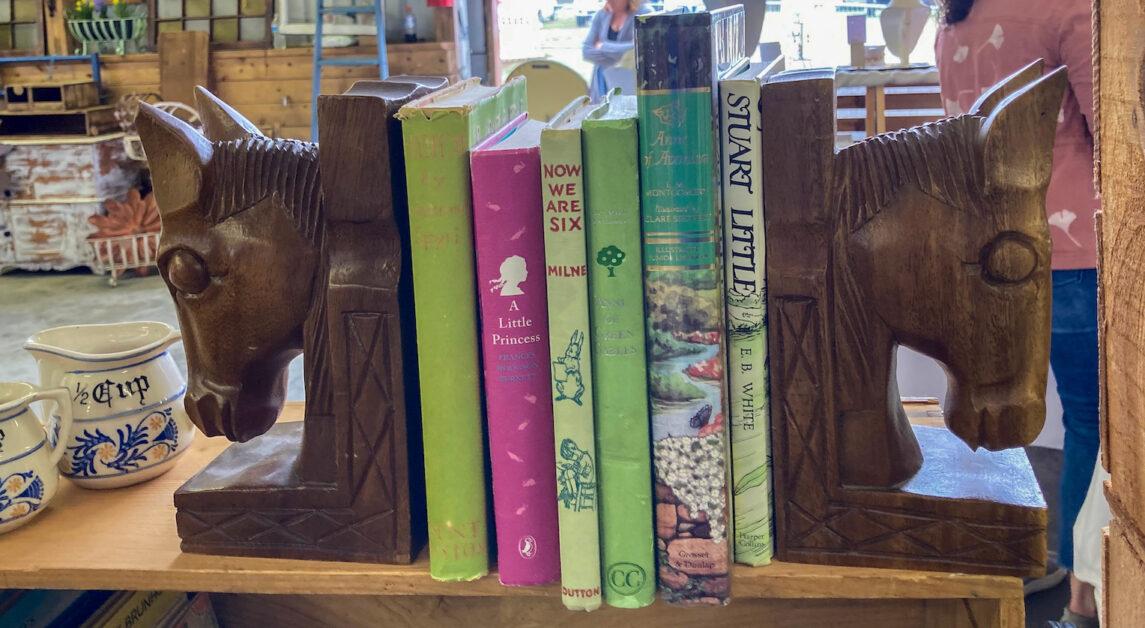Have you ever wondered not only what a place will look like, feel like, but also what it will sound like? Though seemingly a minor component, noise plays an integral part in our lives—whether it be to better study, have a good conversation, or just enjoy the environment.
Erica Walker, the founder of NoiseScore, has developed the app in response to thinking about community noise levels in a different way.
Any user of NoiseScore can document their experience with sound through a photo or video, a recording, and personal description. The app then uploads the ratings back to the Noise and the City website, where they fill a live map integrated with the observations of other users. The purpose is to provide a more pleasant, even healthier, living experience through the consideration of sound in one’s environment.
Walker wasn’t always a noise expert. When the idea for NoiseScore was born, she was an artist struggling to sell handmade furniture out of her apartment, where, in the floor above her a family’s three kids would run back and forth all day. The noise drove her crazy, and no one—not the family, the landlord, or public officials—was able to help her. So she investigated to see if anyone else had similar issues dealing with noise, and found a variety of complaints. The complaints did not just result from loud neighbors, but also from airplanes, road traffic, leaf blowers, and more. It seemed that the city of Boston was ripe with noise issues just waiting to be silenced.
“I realized at that point that noise is just way bigger than myself,” Walker said.
So Walker decided it was time for a radical lifestyle change. She left furniture behind, and attended Tufts to study urban planning and economics, completing her thesis on the levels of noise in Somerville. After graduating, she applied and went to the Harvard T.H. Chan School of Public Health, but her interest in noise remained strong the more and more she realized just how impactful noise is.
“In that process of measuring noise and talking to people, you realize that community noise is not just how loud it is. It’s how it makes people feel,” Walker said.
So Walker turned to Boston itself, deciding to conduct a noise survey of the Greater Boston area. Using her DBA metrice, she measured the noise levels of 400 locations within Boston, and analyzed over 1,000 resident surveys. She gave neighborhoods within Boston a grade, the Allston-Brighton area receiving a D-, while areas like Back Bay received a B.
Throughout the development process for NoiseScore, being rewceptive to her own mistakes helped Walker to broaden her own perceptions and progress her ideas. When her research plan—principally oriented around measuring loudness in communities—was called into question, she realized she had to think about how to measure noise when there are many other layers, such as the lower frequencies of buses and trains where the DBA metric did not work. Listening to people’s responses to her ideas and to what the community had to say, aided her in incorporating the subjective effect of sound into her studies.
“Be open to being wrong, and be curious enough to see where being wrong leads you,” Walker said.
Walker’s story is not without its challenges, either. One of these has been people not believing in her idea. It is difficult for her to convince people to see the issue of noise as a public health issue, and to take it seriously.
“Noise is not as sexy as, you know, climate change,” Walker said. “People are thinking that you’re just complaining about something that you should really get over.”
But as a female researcher of color, Walker faces challenges that many entrepreneurs in Boston will never experience. Breaking away from others’ preconceived stereotypes of her in this way has made acceptance of her work even harder.
“People put you in this box of what they think you should be doing,” Walker said.
Walked noted how much she has changed only in two years, and that her successes have stemmed from her challenges.
For Walker, the feeling of getting people to believe in her passion is amazing, and has helped her learn more about herself be “more comfortable with taking risks, putting [herself] out there, learning from the mistakes, and failing, and moving forward.”
And the degree of challenge that Walker has faced she has not only met, but exceeded by, her resilience.
“It makes you stronger,” she said.
Featured Image Courtesy of NoiseScore

